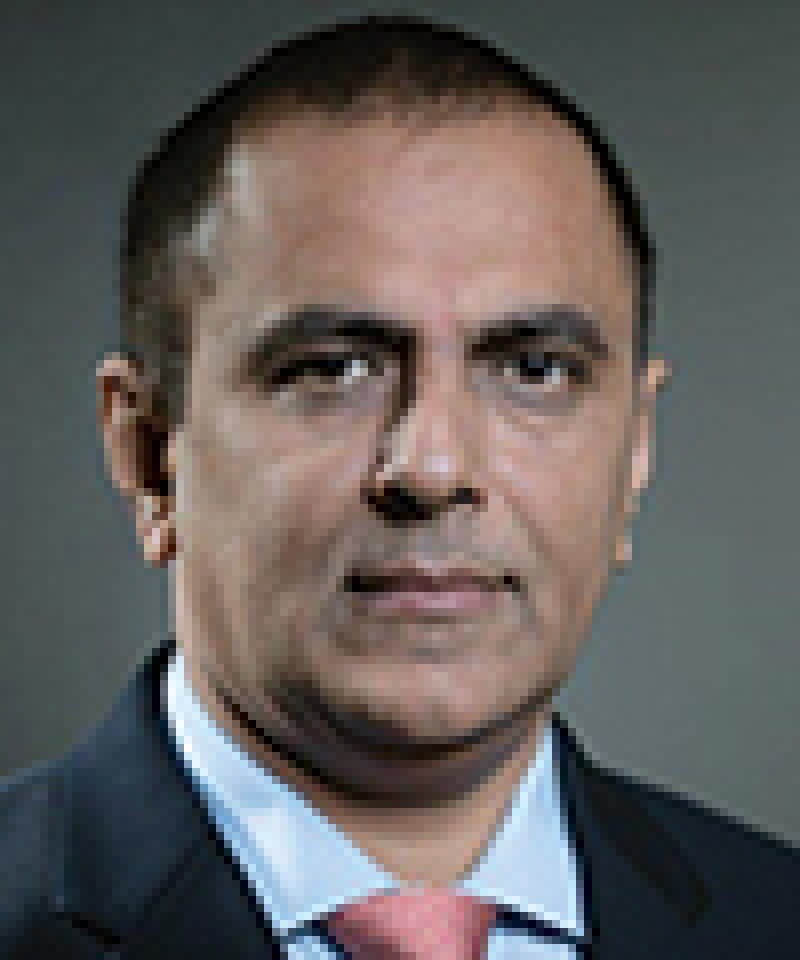
|

|
Rakesh Dharawat |
Hariharan Gangadharan |
The Delhi High Court restrained Vodafone Group Plc (UK) from pursuing arbitration proceedings initiated by it against India under the India-UK bilateral agreement for the promotion and protection of investments (the India-UK investment treaty). This arises from the long-standing dispute over India's assertion that Vodafone International Holdings BV (Netherlands) should have deducted tax on payments made by it to Hutchison Telecommunications on the purchase of shares of a Cayman Islands company with underlying investments in India.
Although the Supreme Court of India struck down the demand against Vodafone International Holdings BV, the law was retrospectively amended with a view to recover the tax from it.
Vodafone International Holdings BV initiated arbitration proceedings against India in 2014 under the India-Netherlands agreement for promotion and protection of investments (the India-Netherlands investment treaty). It was asserted that India's action was in violation of its obligations under the investment treaty.
While this was pending, arbitration proceedings were initiated by Vodafone Group Plc against India under the India-UK investment treaty in 2015. These proceedings were challenged by the Indian government before the Delhi High Court. Specifically, the government claimed that the arbitration initiated under the India-UK investment treaty was in respect of the same cause of action and that the relief claimed was the same as the relief sought in the proceedings initiated under the India-Netherlands investment treaty. It was also contended by the government that laws passed by Parliament cannot be adjudicated by an arbitral tribunal and cannot fall within the ambit of investment protection treaties.
In an ex-parte interim order, the Delhi High Court restrained Vodafone from initiating or continuing arbitration proceedings under the India-UK investment treaty. In its order, the court made the following prima facie observations:
Courts have to exercise great caution while restraining foreign arbitrations, and should ordinarily apply the same principles that apply to the grant of injunctions restraining foreign court proceedings;
Vodafone Group Plc (UK) and Vodafone International Holdings BV (Netherlands), prima facie, seemed to be one single economic entity;
Claimants in two arbitral proceedings forming part of the same corporate group cannot file two independent arbitral proceedings, as this would amount to an abuse of the process of law; and
There is a prima facie duplication of parties and issues in this case. The relief sought by Vodafone International Holdings BV and Vodafone under their respective bilateral investment treaties are identical. This accentuates the risk of parallel proceedings and inconsistent decisions by two separate arbitral tribunals.
Rakesh Dharawat (rakesh.dharawat@dhruvaadvisors.com) and Hariharan Gangadharan (hariharan.gangadharan@dhruvaadvisors.com)
Dhruva Advisors
Tel: +91 22 6108 1000
Website: www.dhruvaadvisors.com













